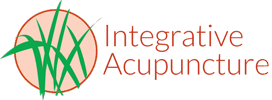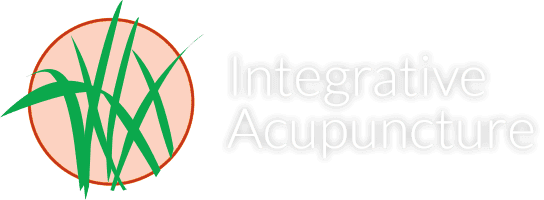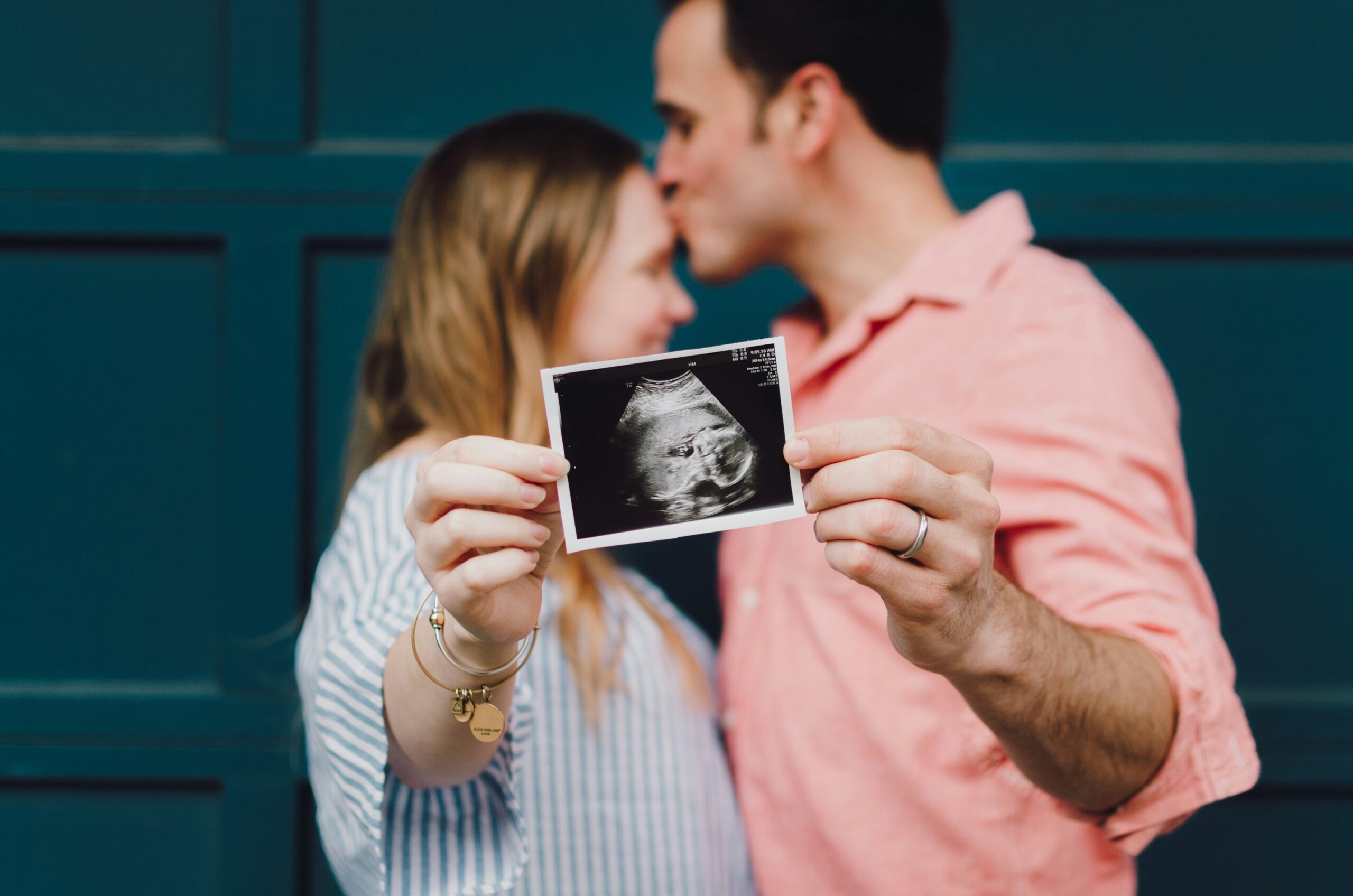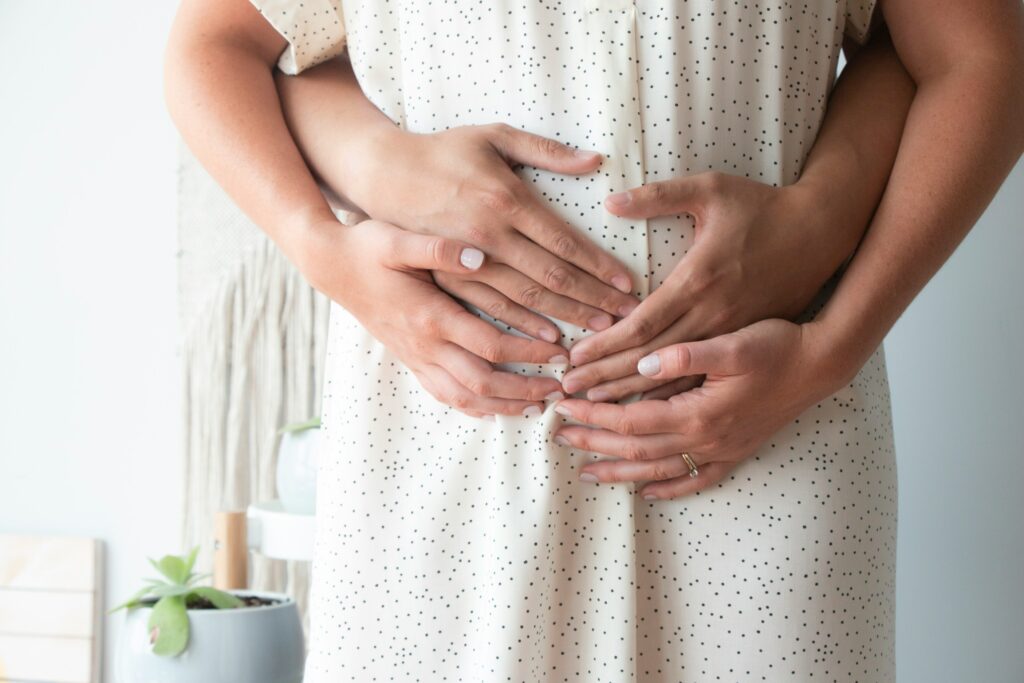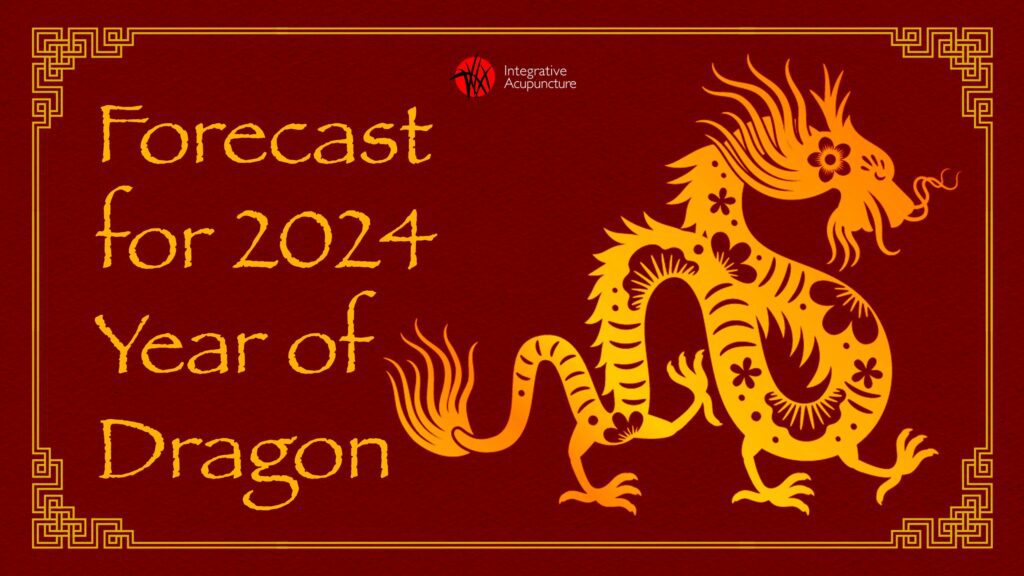Infertility can be a complex and emotionally challenging journey for many individuals and couples. While modern medical interventions offer various treatments, an increasing number of people are turning to complementary and alternative therapies, such as acupuncture and traditional Chinese medicine (TCM), to address fertility issues. With its holistic approach and centuries-old wisdom, acupuncture and TCM offer a unique perspective on fertility health, focusing on restoring balance and harmony within the body.

Understanding Fertility through the Lens of TCM
In TCM (Traditional Chinese Medicine) philosophy, fertility is seen as a reflection of the overall balance within the body’s energy, or Qi (pronounced “chee”). When Qi flows smoothly and harmoniously through the body’s meridians, health is maintained. However, disruptions or imbalances in Qi can lead to various health issues, including infertility.
A Pathway to Rebalancing Qi
Acupuncture, a key component of TCM, involves the insertion of thin needles into specific points on the body to stimulate Qi flow and restore balance. When it comes to fertility, acupuncture can address several underlying imbalances, including:
Insufficiency of the Blood of the Liver
In TCM, the liver plays a crucial role in the smooth flow of Qi throughout the body. When the liver blood is deficient or stagnant, it can lead to irregular menstrual cycles, poor egg quality, and difficulty conceiving. Acupuncture points such as Liver 3 (Taichong) and Spleen 6 (Sanyinjiao) are often used to nourish the blood, promote circulation, and support liver function.
Deficiency of Spleen Qi
The spleen is responsible for transforming food into Qi and blood, providing essential nourishment to the body. When spleen Qi is deficient, it can lead to digestive issues, fatigue, and weakened reproductive function. Acupuncture points such as Stomach 36 (Zusanli) and Spleen 6 (Sanyinjiao) can strengthen the spleen and improve overall Qi production and distribution.
Deficiency of Kidney Qi
In TCM, the kidneys are regarded as the foundation of reproductive health and vitality. Kidney Qi deficiency is commonly associated with infertility, reduced egg quality, and low libido. Acupuncture points such as Kidney 3 (Taixi) and Ren 4 (Guanyuan) are used to tonify kidney Qi, nourish essence, and support reproductive function.
Imbalances of Yin/Yang Harmony
Yin and Yang are complementary forces that exist in all aspects of life, including the body. An imbalance between Yin and Yang can disrupt the delicate equilibrium necessary for fertility. Acupuncture aims to restore Yin/Yang harmony by regulating the body’s energy flow and addressing specific imbalances unique to each individual.
Evidence-Based Support for Acupuncture in Fertility Treatment
While the mechanisms underlying acupuncture’s effects on fertility are still being researched, several studies have shown promising results. A systematic review published in the Journal of Gynecology and Obstetrics found that acupuncture may improve pregnancy rates among women undergoing in vitro fertilization (IVF) by enhancing blood flow to the uterus and ovaries, reducing stress, and regulating hormone levels.
Furthermore, a meta-analysis published in the journal Complementary Therapies in Medicine concluded that acupuncture may increase the success rate of IVF and intracytoplasmic sperm injection (ICSI) procedures while reducing the risk of miscarriage and ectopic pregnancy.
Integrating Acupuncture into Fertility Care
For individuals and couples exploring acupuncture as part of their fertility journey, it’s essential to work with a qualified and experienced practitioner who understands both TCM principles and modern fertility treatments. At Integrative Acupuncture, we will work with you to create a personalized treatment plan that may include a combination of acupuncture sessions, herbal remedies, dietary recommendations, and lifestyle modifications to support overall reproductive health.
Infertility can be a complex and multifaceted issue, but acupuncture and traditional Chinese medicine offer a holistic approach to restoring balance and vitality to the body. By addressing underlying imbalances in Qi and promoting overall well-being, acupuncture can be a valuable adjunct to conventional fertility treatments. If you’re considering acupuncture for fertility support, consult with a licensed practitioner here!
Through the integration of ancient wisdom and modern research, acupuncture continues to pave the way for a holistic approach to fertility care, providing hope and support to individuals and couples on their path to parenthood!
